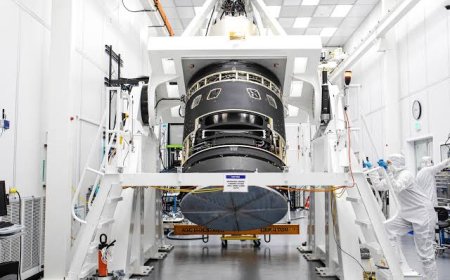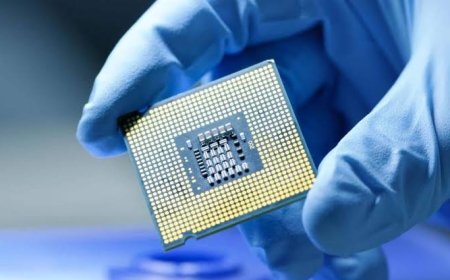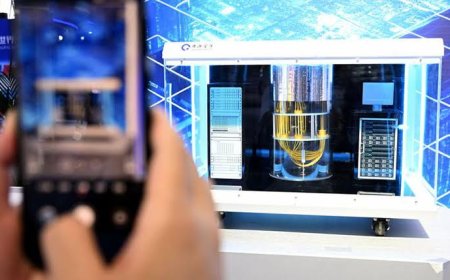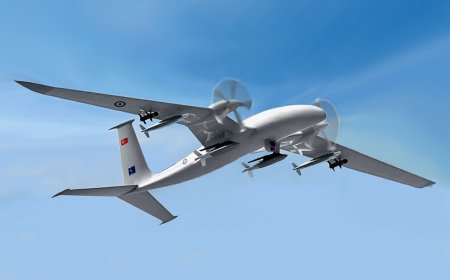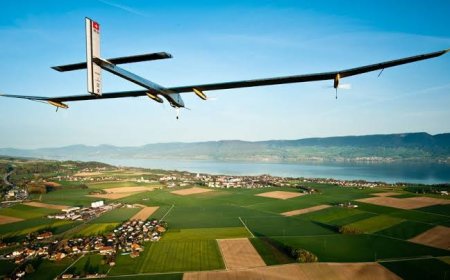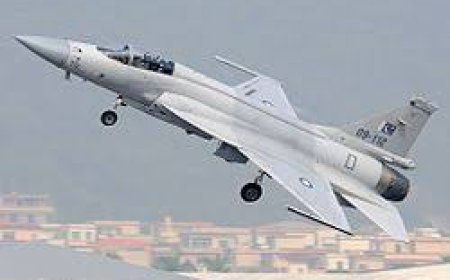Finland is in the first row in the implementation of world-class primary education!
According to the information provided by UNESCO, a member of the United Nations, Finland, a peaceful country in Europe, has emerged as the country with the best education system in the world. The government of Finland has given great importance to the highest financial security, benefits and respect for teachers in addition to creating and implementing a world-class education system in their country since the last few decades.
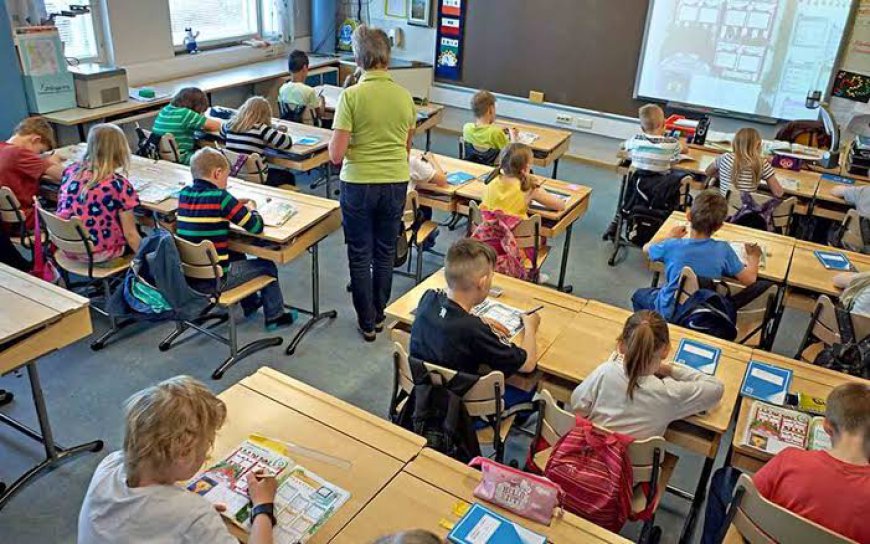
In particular, according to the current 2024 calculations, a respectable teacher working in a primary school in Finland earns an average of 3,510 to 5,580 euros per month. Which is equal to about 4 lakh 58 thousand 480 rupees as the currency of our country. Besides, the teachers of the country enjoy some other allowances and benefits Which is not possible to imagine in our country.
However, it is true that there is no opportunity to join an educational institution as a teacher after obtaining a bachelor's or master's degree in the country. First of all the aspiring teacher has to complete one year of academic studies or a diploma course for fixed term teaching profession. Which is not an easy task at all. In this case, only the most talented can enter the great profession like teaching by proving their merit.
Moreover, according to government regulations, children in Finland do not go to school before the age of 7. Children up to the age of 6 are considered ineligible for school admission in the country. Finland has introduced free and compulsory (basic education) primary education for all children between the ages of 7 and 16. However, at the age of 6 the child can take one year of optional pre-primary education. However, the government bears all the expenses of the child's education at all these stages.
There is no opportunity for children to take any final assessment or annual test every year in school. Only at the age of 16 the child is promoted to the next step by obtaining the certificate through matriculation examination. Before that, children do not have to participate in any kind of annual examination for these long 9 years. There is no such thing as homework in schools across the country.
Each school's grade-based achievement-based competencies are completed grade-by-grade and grade-by-grade, and the child is sent home. By doing this, the child does not feel any fear about doing homework at home. Moreover, there is no such thing as a first, second, third roll number in the traditional class in every class of primary school in Finland. The school has a separate ID number for each child. However, there is no merit order for overall exam results.
Currently, Finnish children spend less time in class than primary school students in most countries around the world. However, their educational excellence is considered to be more modern and standard than other countries. Moreover, the country has structured its education system in such a way that an average student can complete secondary education and start working according to his/her aptitude and needs without entering higher education. In this case, the country gives him maximum support and funding if needed.
